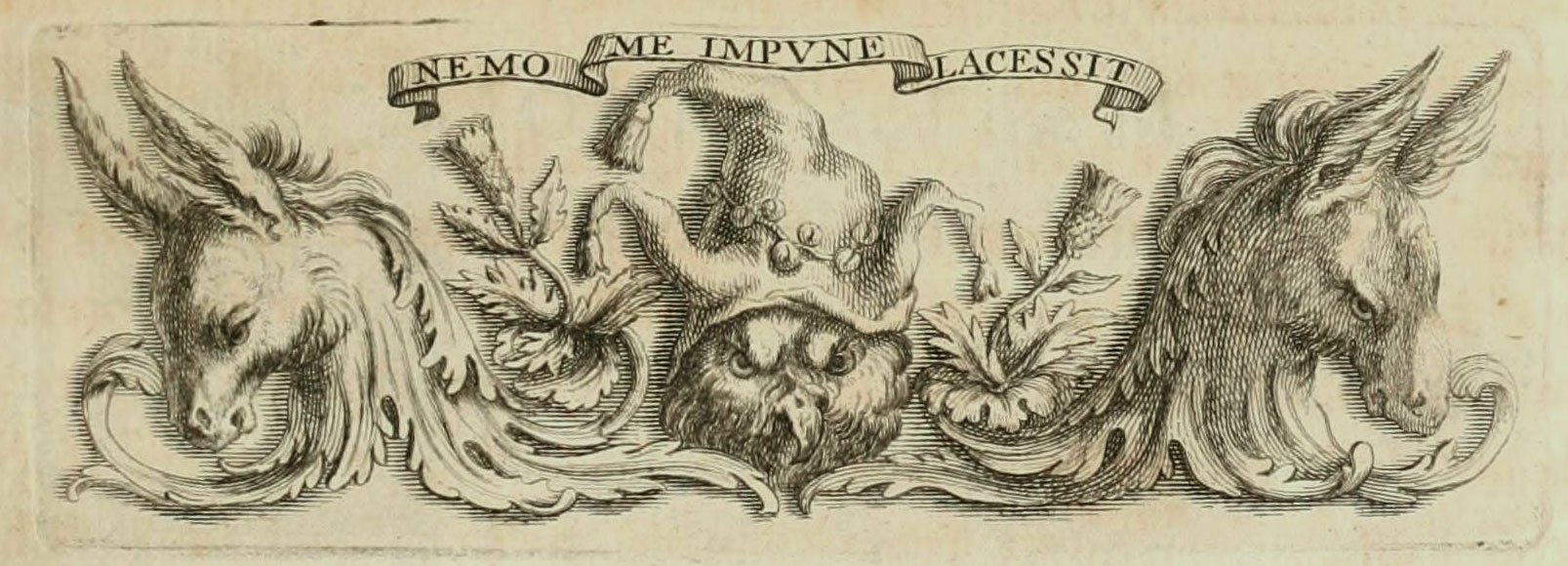A recent New Republic article ominously announced “Liberals Are Killing Art,” explaining that they are doing so by becoming “obsessed with ideology over beauty.” And you thought the culture wars of the early 1990’s were over.
The New Yorker’s Alex Ross had a fairly good refutation and I’ve got some objections of my own, but let’s let author Jed Perl have his say first. This seems to be the nub of his argument:
Do more and more liberals find the emotions unleashed by the arts—I mean all of the arts, from poetry to painting to dance—something of an embarrassment? Are the liberal-spirited people who support a rational public policy—a social safety net, consistency and efficiency in foreign affairs, steps to reverse global warming—reluctant to embrace art’s celebration of unfettered metaphor and mystery and magic? If you had asked me ten years ago, I would have said the answer was no. Now I am inclined to say the opposite. What is certain is that in our data- and metrics-obsessed era the imaginative ground without which art cannot exist is losing ground. Instead of art-as-art we have art as a comrade-in-arms to some more supposedly stable or substantial or readily comprehensible aspect of our world. Now art is always hyphenated. We have art-and-society, art-and-money, art-and-education, art-and-tourism, art-and-politics, art-and-fun. Art itself, with its ardor, its emotionalism, and its unabashed assertion of the imagination, has become an outlier, its tendency to celebrate a purposeful purposelessness found to be intimidating, if not downright frightening.
And further on:
The trouble with the reasonableness of the liberal imagination is that it threatens to explain away what it cannot explain.
There are dire consequences to this approach, Perl warns:
An illiberal view of art is gaining ground, even among the liberal audience. This is one of the essential if largely hidden factors that is undermining faith in our museums, our libraries, our publishing houses, our concert halls, symphony orchestras, and theater and dance troupes.
So if I understand Perl’s argument, because liberals aren’t waxing rhapsodically enough about the mystery and the magic of the arts or placing the arts on a special pedestal, people are losing faith in them. To a degree, Perl’s argument reads like a throwback to the 1950s and 1960s. With regard to literature, I can say that this was a time when scholars wanted poetry and fiction to provide a transcendence that was denied by rationalized society. Heirs of Matthew Arnold, they defined literature against all that was practical or down-to-earth, downplaying or even outrightly denying the significance of history and biography. At the height of this movement, an anthology of poetry was published without authorial names or dates. Literature was seen as timeless as a sacred text.
There was a reaction against such an extreme. With the rise of feminism and the other liberation movements and then of New Historicism, literature came to be seen as working hand in glove with history in various ways. And sure, some of these scholars went overboard and didn’t draw meaningful distinctions between literature and other pieces of writing. There will always be scholars going to extremes to test out their theories.
In his New Yorker refutation of Perl, Rose argues for a both/and rather than either/or approach to the arts. Here he is addressing Perl’s complaints that critics have spent too much time looking for anti-semitism and/or fascism in the works of T. S. Eliot, Ezra Pound, and Gertrude Stein:
Contemplating such works, we can think in two modes at once, the aesthetic and the historical-political—generally a wise way to navigate the labyrinth of art. To debate whether politics is always present or always absent is to play a parlor game irrelevant to the complex, ever-shifting reality in which both artists and their audiences reside.
In other words, don’t wall off the arts from history but don’t reduce them to history either. To me it’s like love, which has both a transcendent and an earthly component. To reduce love to sex certainly strips it of its magic, but don’t think you can exclude sex altogether. In a wondrous paradox, literature simultaneously transcends the ages and is very much of its time.
Even Perl can’t entirely go back to the 1950’s and he acknowledges that history does play a role in how we see the arts. My sense is that his beef with liberals is more a beef with the project of the Enlightenment itself. Maybe he’s ultimately voicing a version of Wordsworth’s complaint that “we murder to dissect.” Maybe he wants less rational explaining and more starry-eyed wonderment.
Perl appears to be setting up a straw man and not many liberals fit his description. I suppose there may be a few arrogant twits who think that their theories explain away Shakespeare, but in my experience most of us are awestruck by the man.
And I can assure Perl, as one who does a lot of explaining and who teaches his students to formulate cogent interpretations, that there’s still a lot of room for starry-eyed wonderment in my classes. Even as I strive to rationally understand, say, our culture’s fascination with fantasy, I thrill to the fantasy visions of Shakespeare and Keats and Christina Rossetti and Tolkien and Haruki Murakami. Liberals couldn’t take the thrill out of the fantastic even if they wanted to (and why would they want to?). Readers know what they need.
One doesn’t save literature or the arts by building a sanctuary for them and approaching them with deferential silence. Shakespeare suffers more at the hands of the bardolaters than from those who historicize him. It is in the intersection of the artist and the world–and then of the work and the reader–where the magic happens. Or as Ross summarizes it in his piece,
Art does not stand apart from reality; if it did, it would have no life in it, no light, no darkness, no power.
